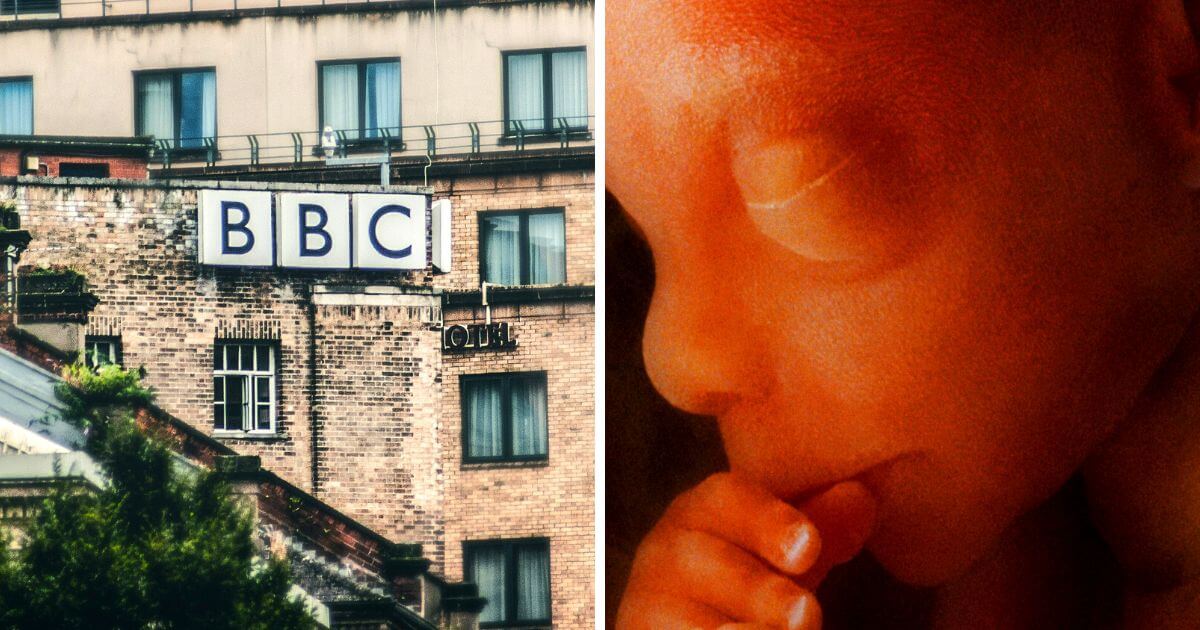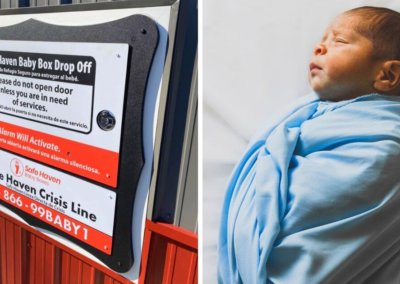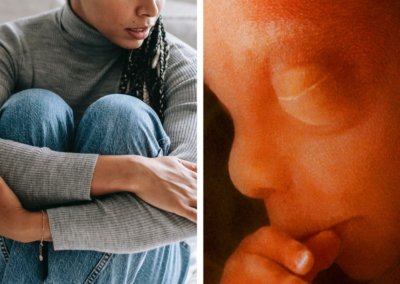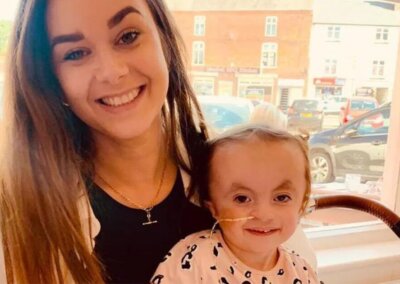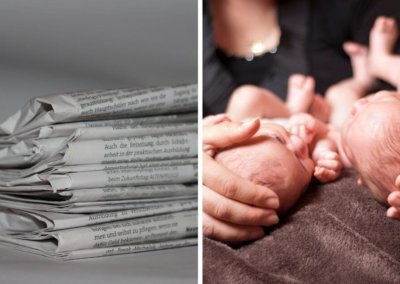Last night, the BBC aired an episode of the investigative documentary series, Panorama, titled ‘Crisis Pregnancy Centres Uncovered’, which investigated pregnancy centres that offer advice and support to pregnant women facing unplanned pregnancies.
The episode of Panorama followed an episode of EastEnders that ended with one of the characters beginning the process for the late-term abortion of a baby who had a disability.
During the Panorama investigation, 57 pregnancy centres around the UK received a phone call from an undercover reporter. The BBC decided to investigate three of these centres by having a woman visit the centre with hidden cameras.
Three ‘experts’ commented on undercover footage
In the episode, three ‘experts’ then commented on the conversations that the staff at the crisis pregnancy centres had with the women who visited them undercover.
The first ‘expert’ was Dr Jonathan Lord, who is the Medical Director for one of the UK’s largest abortion providers, MSI Reproductive Choices (formerly Maries Stopes International).
A group of UK doctors have recently called on the General Medical Council to investigate Dr Lord over a series of concerns around his professional conduct, which included him ‘harassing’ and ‘scaring’ a vulnerable woman facing a crisis pregnancy.
A report from the Care Quality Commission found MSI Reproductive Choices had paid staff bonuses for encouraging women to undergo abortions.
At all 70 Marie Stopes clinics, inspectors also found evidence of a policy that saw staff utilise a high-pressure sales tactic, calling women who had decided against having an abortion to offer them another appointment.
The second ‘expert’ featured on the Panorama was Katherine O’Brien, who is Associate Director at the UK’s largest abortion provider, the British Pregnancy Advisory Service (BPAS), which performs over 70,000 abortions each year. BPAS has led the campaign to criminalise volunteers who offer support to women outside abortion clinics.
The third ‘expert’ was Jo Holmes, spokesperson for the British Association for Counselling and Psychotherapy. Viewers would have likely been relieved to see that the British Association for Counselling and Psychotherapy spokesperson was not from another abortion provider, but unfortunately, it appeared that she was also not a neutral commentator on the situation.
Early on in the episode, she made it clear that she likely took a hardline pro-abortion position on the abortion issue, joining MSI’s Dr Jonathan Lord on camera, commenting:
“It’s not a baby when you’ve got a choice, it’s a pregnancy or unplanned pregnancy or an unintended or an unwanted pregnancy.”
Pregnancy centres have a large positive impact
Commenting on the Panorama episode, Catherine Robinson, spokesperson for Right To Life UK, said “This was clearly a hit piece designed to do damage to the credibility of people throughout the UK who give many of hours of their own time each year to volunteer to support women facing unplanned pregnancies so they are able to continue their pregnancies.”
“We are encouraging supporters to make an official complaint to the BBC about the lack of balance and an obvious bias that was seen throughout this episode of Panorama.”
Clare McCullough, Director of the Good Counsel Network, who provides support to women facing unplanned pregnancies in London, told Premier “I think the BBC are totally biased on this issue.”
“I’ve been interviewed several times by the BBC. And I have found that there is completely an agenda there. There’s a lot of emphasis on shutting down the pro-life voice at the moment, and they’re trying to stop us reaching women wherever we’re making contact with them and offering them help.”
“The idea that no woman ever suffers any kind of emotional distress after an abortion is not something that the general public will accept. I think there are many, many women out there who’ve had an abortion, and men who have been through an abortion with a partner, who have experienced a wide range of side effects.”
Ongoing bias in reporting from the BBC
For a number of years, the BBC’s ‘News Style Guide’ has instructed journalists to ‘avoid pro-abortion, and use pro-choice instead’ but when it comes to describing the pro-life position they advise journalists to ‘use anti-abortion rather than pro-life’.
The BBC has also been caught suppressing polling they commissioned for a documentary, called Abortion on Trial, which showed that there was no widespread support for further liberalising the existing law.
Instead, in the documentary that aired, the BBC cherry-picked minority results from polling that supported what appeared to be a clear bias in the documentary towards removing the current legal restrictions and safeguards around abortion.
The same documentary was also criticised for dropping a pregnant woman from their panel who had chosen not to abort her daughter who had Down’s syndrome.
Members of the public can make an official complaint about the Panorama Crisis Pregnancy Centres Uncovered episode on the BBC Complaints page, which is accessible here.


